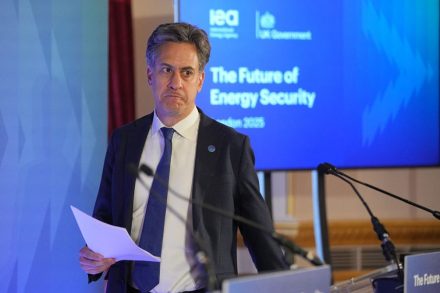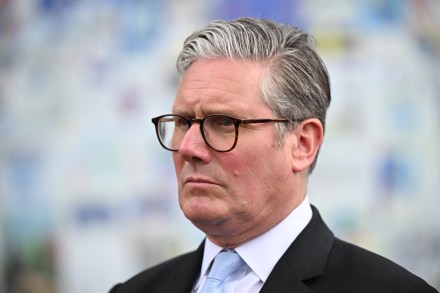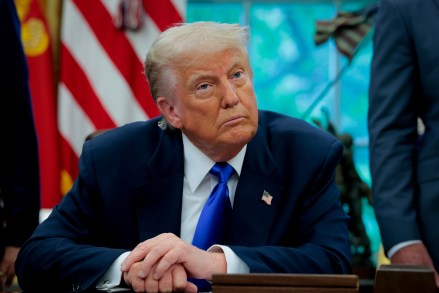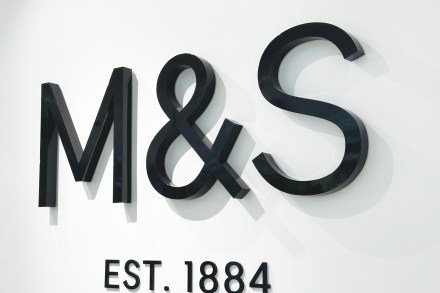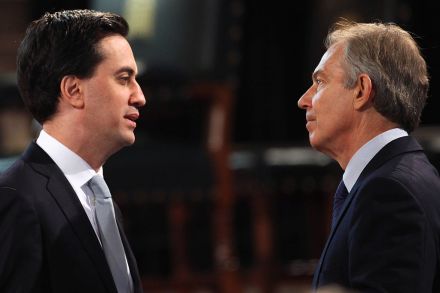Miliband’s 2030 clean power target looks increasingly impossible
The answer, according to Ed Miliband in an infamously toe-curling rendition of the Bob Dylan song, is blowing in the wind. But no longer, it seems, if you are on the board of SSE. The energy company, which was one of the first UK electricity companies to commit in a big way to renewable energy,
